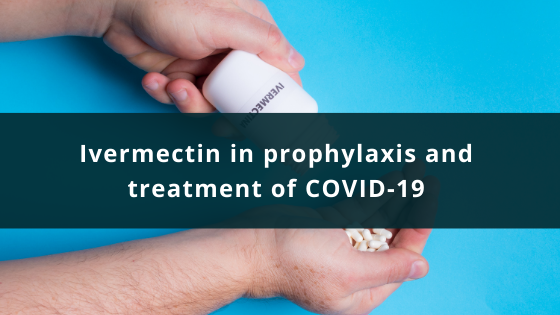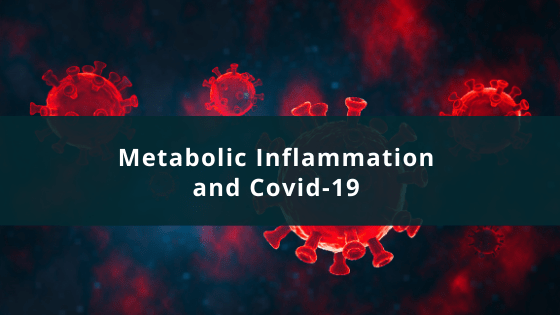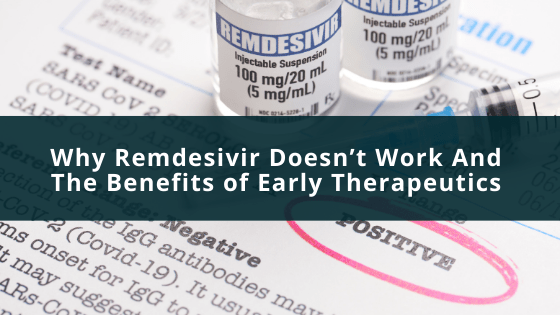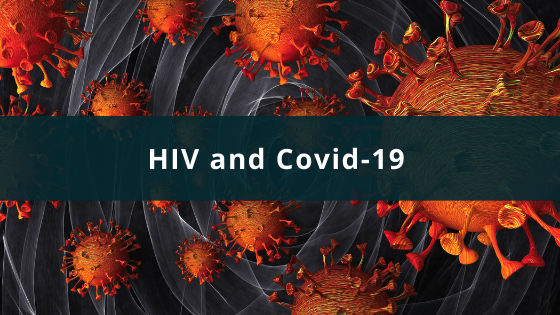Recently, I had a two (2) year old female (one of two fraternal twin sisters; born prematurely at 27 weeks old) presented to an allergy clinic with a lifetime history of episodic fevers (≤105F°) every 2-3 weeks. The fever was sometimes accompanied by vomiting, but, more recently, the patient has an accompanying minimally itchy, hive-like rash over both arms and legs, as well as, foot swelling bilaterally. The rash is preceded by whole body redness and seems to more commonly occur after the patient’s skin is exposed to sunlight or water. She had been to the emergency room and urgent care centers multiple times for the fever but cultures had almost always been negative and other blood tests were unremarkable (according to her mother – the only historian; later records confirmed that patient was not neutropenic during these episodes).
She had received prednisone, as well as, Benadryl and hydroxyzine which had helped slightly, but she would worsen again once these medications ran out. Interestingly, her fraternal twin sister also has intermittent fevers but no accompanying rash or vomiting. A review of systems revealed no current fever, no nausea, no vomiting, no diarrhea, no shortness of breath/wheeze/cough, no headache, no weight loss. The patient’s parents are from Romania but have no known Italian, Turkish, Sephardic Jew, North African Arab, Greek, or Armenian ancestry. Family history is only remarkable for episodic fevers in her sister. Physical exam was notable for Down’s/congenital disorder type facies and several hive-like lesions over arms and legs. Although the rash could have potentially been from a physical urticaria unrelated to the underlying episodic fever issue for which the patient was instructed to take nightly cetirizine, there was nothing in this history to suggest an allergic disorder.
As for the episodic fevers, a few things could be considered including occult infection, malignancy, rheumatologic condition, hereditary periodic fever syndrome, cyclic neutropenia (but neutrophil counts were within the normal range during her fevers), etc… Of the above possibilities, the hereditary periodic fever syndromes are perhaps among the more mysterious as they are uncommon but certainly a possibility in this case. The hereditary periodic fever syndromes (autoinflammatory diseases) are inherited illnesses characterized by recurring fevers and other symptoms not explained by other causes. Unlike autoimmune disorders, where the disease is caused by abnormalities of the adaptive immune system, autoinflammatory disease patients do not produce autoantibodies or antigen-specific B or T cells. Instead, the hereditary periodic fever syndromes are defined by errors in the innate immune system. Although there is diversity in the symptoms accompanying autoinflammatory syndromes, in general, they cause episodic fever, joint pain, rash, and abdominal pain.
Most patients with periodic fever syndromes develop their symptoms during childhood; less than 10% of patients develop symptoms after the age of 18. The best-known syndromes are as follows:
- Familial Mediterranean Fever (FMF)
- Hyper-IgD Syndrome
- Tumor Necrosis Factor (TNF) Receptor-Associated Periodic Syndrome.
The other hereditary periodic fever syndromes include the following:
- Hereditary Cryopyrinopathies (familial cold autoinflammatory syndrome, Muckle-Wells Syndrome, and Neonatal-Onset multi-system inflammatory disease)
- PAPA (pyogenic arthritis, pyoderma gangrenosum, acne) Syndrome
- PFAPA (periodic fever, aphthous stomatitis, pharyngitis, cervical adenitis) Syndrome.
With FMF, there is an autosomal recessive inheritance. FMF is characterized by recurring fevers and peritonitis (with pleuritis at times and, rarely, pericarditis), arthritis, skin lesions. Renal amyloidosis leading to renal failure may occur. Persons with ethnic roots within the Mediterranean basin are most usually affected. Diagnosis is mainly clinical especially after ruling out other causes. Genetic testing is available. Treatment involves the use of colchicines for the prevention of acute attacks and the prevention of renal amyloidosis. Prognosis with treatment is good.
With hyper IgD syndrome (quite rare), there is also an autosomal recessive inheritance. In this syndrome, recurrent fevers and chills usually start during the first year of life. Particular episodes can be triggered by physical stress like trauma and tend to last up to 6 days. With TNF-receptor associated periodic syndrome, there is an autosomal dominant inheritance. In this disorder, there are recurring fevers along with migratory myalgias (with painful erythema overlying the area of the myalgias). Type I TNF receptor levels are low. Treatment consists of etanercept and corticosteroids. The hereditary cryopyrinopathies are a subgroup of the autoinflammatory syndromes where symptoms are initiated by cold temperatures. PAPA syndrome has an autosomal dominant inheritance pattern and mainly affects joints and skin. PFAPA syndrome usually presents in children between the ages of 2 and 5. Febrile episodes last up to 6 days and can present along with pharyngitis, aphthous ulcers, and adenopathy. Pathophysiology is as of yet, undefined.
For this particular patient, we contacted a pediatric rheumatologist over the phone at the time of the initial visit who advised us to ask them to keep a symptom diary; an appointment was also made with pediatric rheumatology clinic for further evaluation of periodic fever syndrome. Labwork was ordered including CBC with different, complete metabolic panel, TSH, T4, CRP, ESR, IgG, IgM, IgA, and IgD. All were within normal limits except neutrophilia with lymphopenia and an elevated CRP. We also referred her and her sister (also our patient) to pediatric infectious disease to rule out infectious disease. At this time, we are still awaiting both evaluations.
About Dr. Faria Khan
Dr. Faria Khan is a board-certified pediatric and adult allergy and asthma specialist practicing with Georgia’s Allergy and Asthma Institute.
Dr. Khan is a member of both the American Academy of Allergy, Asthma, and Immunology and the American College of Allergy, Asthma, and Immunology. She has a special interest in allergic rhinitis, allergic conjunctivitis, asthma, food allergies, and allergic skin conditions.







